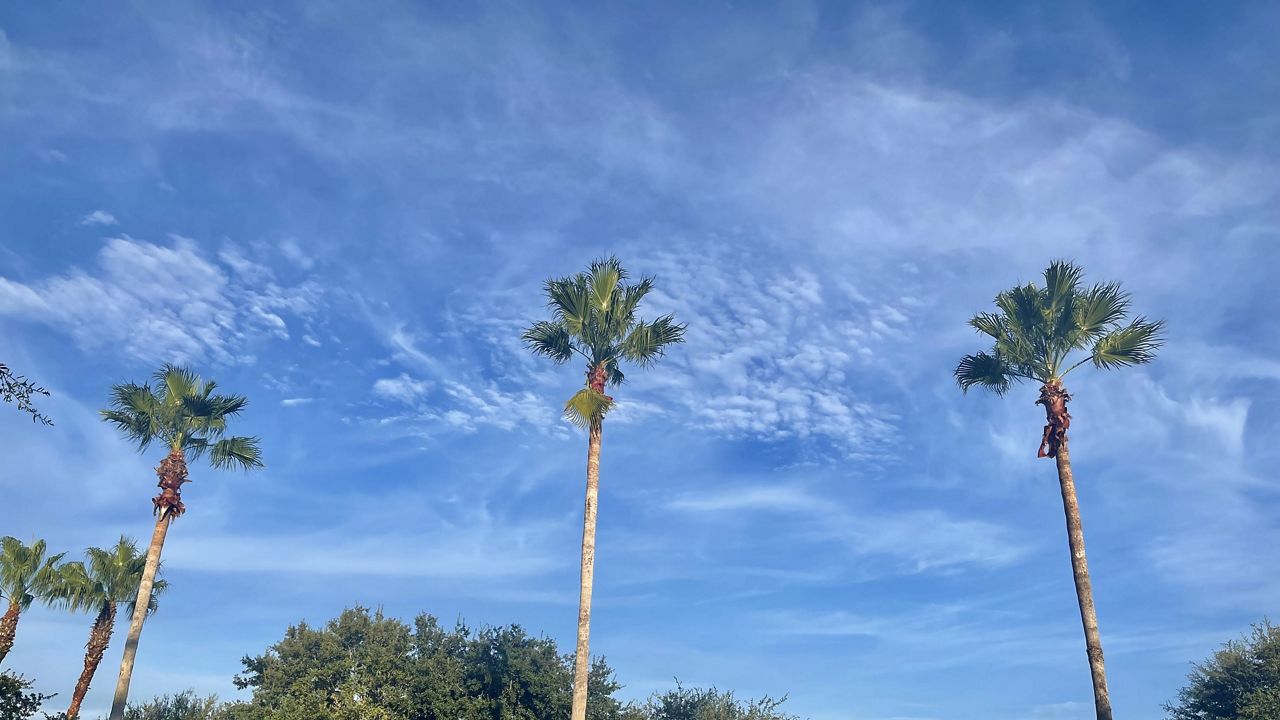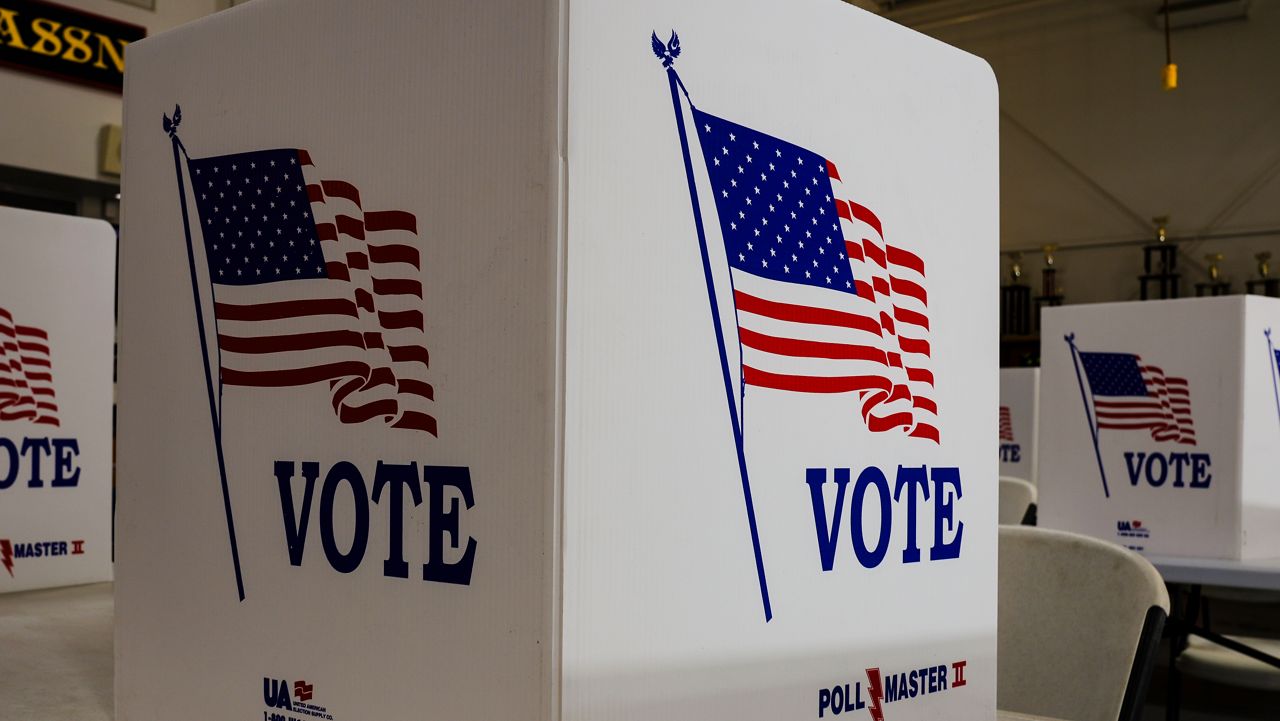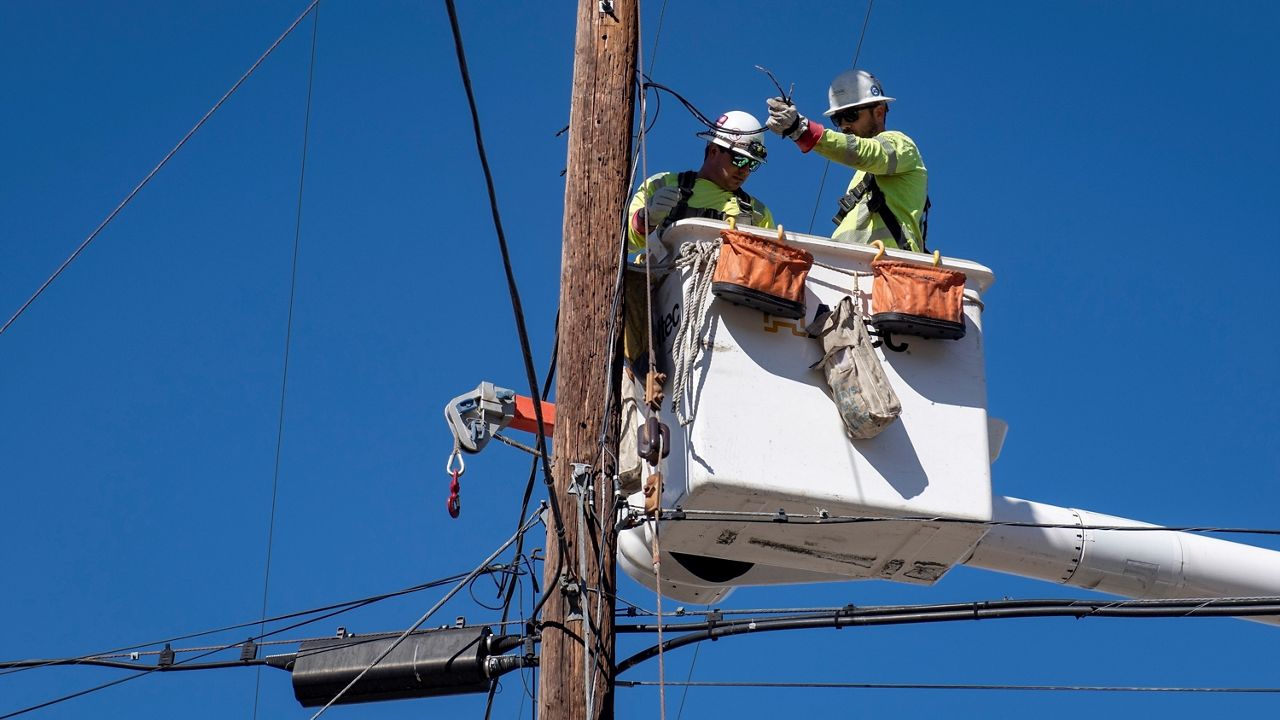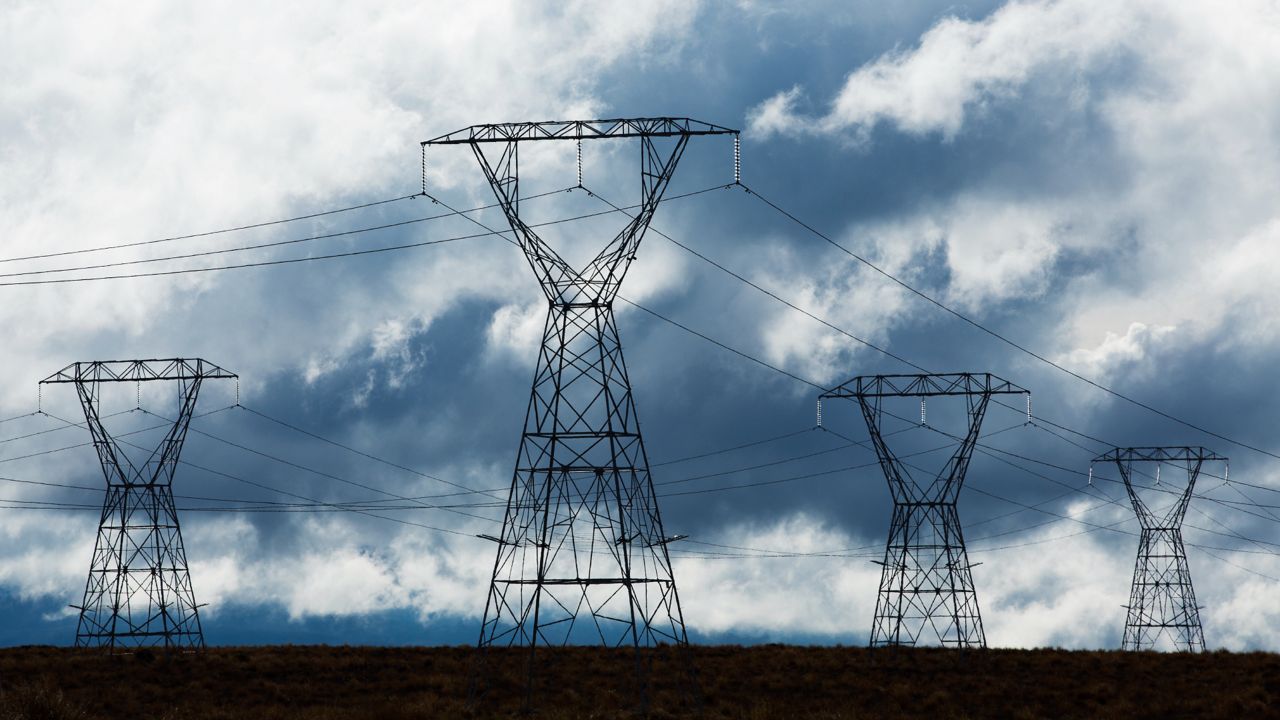YBOR CITY, Fla. — Cigar maker Luis Gonzalez lives and breathes for cigars. It’s his passion.
- Ybor City cigar makers are concerned about regulations
- Costs up to $250,000 – costs designed for large corporations
- Sen. Marco Rubio puts the blame on big tobacco
“I learned in Cuba. It’s a family tradition,” he said.
If you've smoked any at J.C. Newman Cigar Company in Ybor City, chances are, he made them.
Gonzalez turned his cigar making skills into a full time job when he left Cuba 11 years ago.
But cigar makers like Gonzalez are concerned their time is up.
“The idea of that this historic industry could go up in a puff of smoke because of the unintended consequences of government regulation is really scary,” said Drew Newman, great-grandson of the founder of J.C. Newman Cigar Company.
Newman was one of four witnesses at a congressional hearing on the industry’s future in Ybor City on Friday.
The concern - over regulation, which is driving up compliance costs in an industry mostly made up of small businesses.
Experts estimate added regulations will cost up to $250,000 – costs designed for large corporations like cigarette manufacturers, not small businesses who’d quickly be forced to shutter operations.
“It would squash us like a bug,” Newman said.
The Newman family employs 136 employees, each with a median 10 year employment.
Gonzalez expressed frustration at the uncertainty.
“It’s something ridiculous that the FDA is trying to eliminate us,” he said.
“It’s a rule that doesn’t solve anything but kills an entire industry and one that’s very special to Tampa Bay, Ybor City, and Florida,” Senator Marco Rubio said.
A big concern is if these cigar companies slowly start disappearing from Ybor, so will a large part of Tampa’s history.
“No one came to this country starting a business thinking they were going to lose it because of the US government,” said Jeff Borysiewicz of Corona Cigars.
Current FDA regulations aim to curb youth tobacco use - the reason why premium cigar makers have to abide by costly rules, like covering 33 percent of a product’s packaging with the Surgeon General’s warning.
Sellers argue that theirs is a niche market, one that doesn't appeal to or attract young smokers.
According to experts, less than one percent of Americans smoke premium cigars.
Senator Rubio blames big tobacco.
“They will make, in mass quantities, cheap products, cheaper to make products, cheaper to sell products that look like cigars but are not cigars,” Rubio said. “They’ll have cornered that market, so I think there’s no doubt that they have a business interest in seeing the premium cigar industry wipe out.”
Earlier this year, Rubio re-introduced the Traditional Cigar Manufacturing and Small Business Jobs Preservation Act of 2019, which seeks to exempt premium cigars from excessive and overly burdensome U.S. Food and Drug Administration (FDA) regulations and fees.
It’s a bipartisan effort, with cosponsors like Senators Robert Menendez and Joe Manchin on board.
Reps Kathy Castor and Gus Bilirakis also attended Friday’s hearing.
Newman expressed gratitude for the chance to testify in the hearing, adding how much of a blow the loss of the premium cigar industry would be to the fabric of Tampa.
‘It’s a common bond that people share, and that transcends all differences,” Newman said.
“There are a lot of mom and pop stores, for example here in Ybor City, the capital of cigars. It’s going to just be closed,” Gonzalez said.









